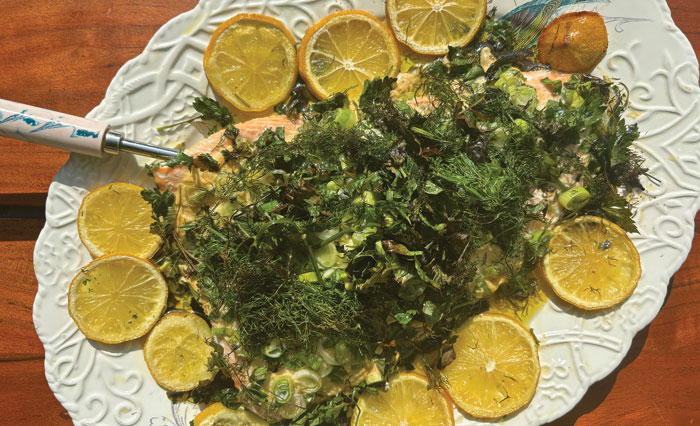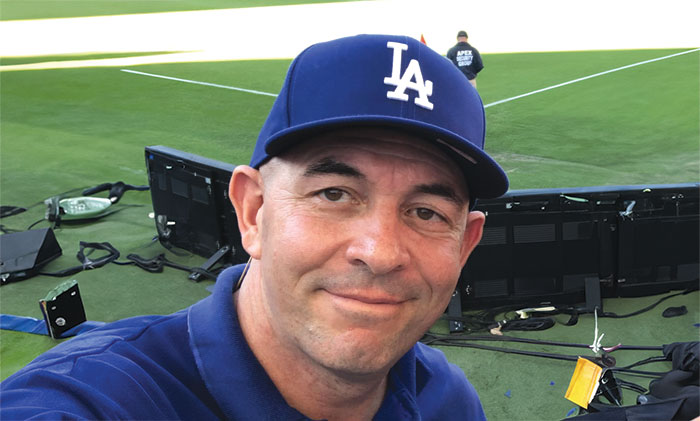It’s not every day that leader of a Muslim country stands up and draws attention to the horror of the Holocaust—particularly when it is not simply being compared to Israeli treatment of Palestinians. But King Mohammed VI of Morocco said in March at the launch of a Muslim-Jewish dialogue in Fez that:
“We perceive [Yom HaShoah] as a wound to the collective memory, which we know is engraved in one of the most painful chapters in the collective history of mankind. … In its depth as much as in its tragic specificity, this duty of remembrance strongly imposes ethical, moral and political standards which will, tomorrow, be the true guarantors of peace.”
This speech was picked up by Warren L. Miller, chairman of the U.S. Commission for the Preservation of America’s Heritage Abroad, in an op-ed for the Philadelphia Inquirer:
But in a few places in the Islamic world, there is now a willingness to look truthfully at the past and comprehend what befell European Jewry more than six decades ago. Last year, the predominantly Muslim European nation of Albania commemorated its first Holocaust Remembrance Day. And now King Mohammed has shown real leadership by publicly acknowledging the Holocaust. He should be emulated as well as applauded.
The federal commission I head works to preserve the memory of the Holocaust – both the cultural legacy of the thousands of communities that were destroyed and the historical record of what happened to them. We try to preserve the lessons as well as the evidence of the event, so modern societies will understand that allowing prejudice and hatred to flourish can only lead to barbarity.
In both of these areas, King Mohammed’s speech presents an important opportunity. It provides a starting point for Morocco and its neighbors to explore more fully the fate of Jews across North Africa during World War II. Some officials in the region still maintain that the Holocaust did not affect their countries. Although Jews in North Africa largely avoided the genocide their people suffered in Europe, they faced painful persecution.
King Mohammed’s grandfather, Mohammed V, managed to diminish application of the Vichy government’s racist laws toward Moroccan citizens of Jewish faith. But thousands of Jewish refugees from Europe were placed in French-controlled detention and slave-labor camps in Morocco, as they were in Algeria and Tunisia. Many of these Jews, as well as some Arabs and Berbers, were forced to work under cruel circumstances, with insufficient food and in unbearable climatic conditions. The nations of North Africa must come to terms with this legacy.
In the wake of President Obama’s speech in Cairo, during which he both called on Muslims and the U.S. to work together for peace and gave a strong rebuke to Holocaust deniers like that little man in Iran, King Mohammed’s speech was sent to The Jewish Journal by the advocacy group supporting the Moroccan government, which suggested that we “consider covering the unique relationship between the Moroccan government and Jewish community.”
I’m not really sure what that relationship is. Before the founding of Israel in 1948, some 250,000 Jews lived in Casablanca, Fez, Rabat and other major cities. Between 5,000 and 15,000 remain today. Despite the population decline, it sounds like Jews in Morocco are doing better than their brethren in, say, Yemen. From the Jewish Virtual Library:
Nonetheless, before his death in 1999, King Hassan tried to protect the Jewish population, and at present Morocco has one of the most tolerant environments for Jews in the Arab world. Moroccan Jewish emigres, even those with Israeli citizenship, freely visit friends and relatives in Morocco. Moroccan Jews have held leading positions in the business community and government. The major Jewish organization representing the community is the Conseil des Communautes Israelites in Casablanca. Its functions include external relations, general communal affairs, communal heritage, finance, maintenance of holy places, youth activities, and cultural and religious life.4
“The Jews no longer reside in the traditional Jewish mellahs, but intermarriage is almost unknown. The community has always been religious and tolerant….The younger generation prefers to continue its higher education abroad and tends not to return to Morocco. Thus the community is in a process of aging.
After the jump, the text of the Moroccan king’s comments, read by the minister of religious affairs, at the launch of the Aladdin Project:






















 More news and opinions than at a Shabbat dinner, right in your inbox.
More news and opinions than at a Shabbat dinner, right in your inbox.